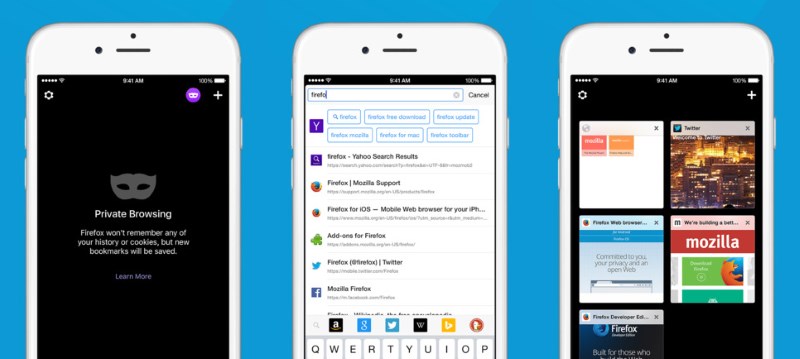
Mozilla, the non-profit organization behind the popular open-source
Firefox browser, said that it no longer relies on Google for its revenue
and expects to earn even more through its new search deals, reports CNet.
For many years, Mozilla generated income from a deal with Google,
which paid for the privilege of being the default search engine on
Firefox. That contract ran out at the end last year; in 2014 alone, it
earned the non-profit $330 million in revenue, according to Mozilla’s
annual report which has just been released (PDF).
For 2015 and beyond, Mozilla turned to other search providers: Firefox now features Yahoo’s engine in the US,
Baidu in China and Yandex in Russia. Google still the default search
engine for Firefox users in Europe, but Mozilla’s chief business and
legal officer Denelle Dixon-Thayer said the organization doesn’t profit
from the arrangement.
Mozilla’s CFO Jim Cook is confident that its numbers for 2015 will
look even better. Cook said, “We really look forward to displaying our
results next year. 2015 will show our continued track record of really
strong financial results.”
Mozilla’s sustained success is important because it’s one of the few
organizations dedicated to offering an open, unbiased Web experience.
For example, if Firefox were tied inextricably to Google’s search
engine, users would be subject to the search giant’s tactics of skewing results to favor its own products and services over its rivals.
Breaking from its exclusive reliance on Google for funds will allow
Mozilla to encourage competition among Web-based companies and offer
users more choices when accessing information and services online.

Firefox for iOS offers private browsing, intelligent search and visual tabs
In addition to growing revenues, Mozilla still faces challenges
breaking into the mobile space. It’s had an Android version of Firefox
out for quite some time and recently launched an iOS version, but its market share on smartphones remains negligible.
The organization also launched its own Firefox OS in 2013 to target
developing markets with low-cost handsets. The strategy didn’t take, and
neither did Mozilla’s attempts to bring its platform to TVs. It’s now hoping to attract mobile enthusiasts with a way to install Firefox OS on Android devices, but it remains to be seen if that will help Mozilla gain traction.
Source: thenextweb.com